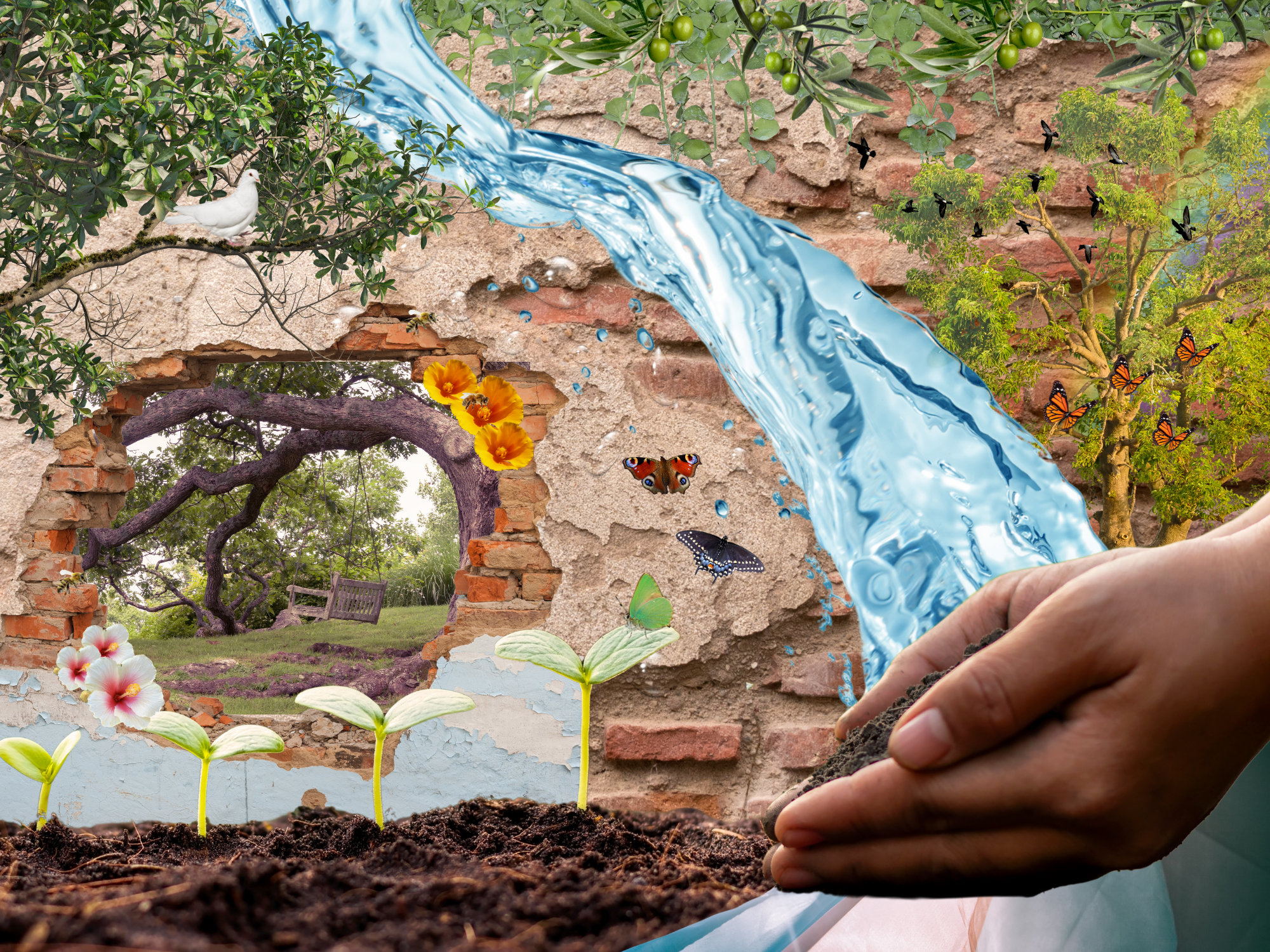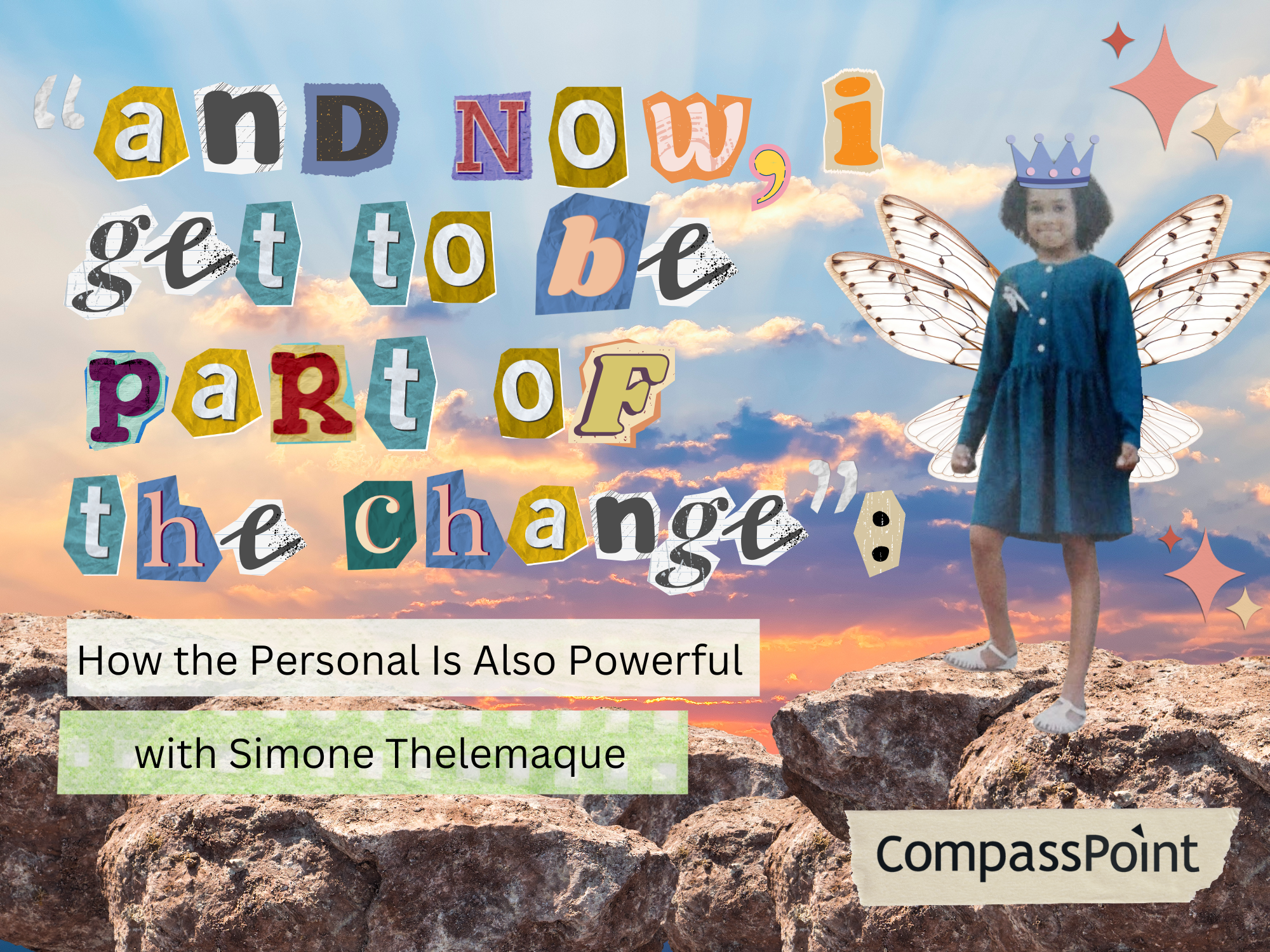By Maro Guevara and Steve Lew
In this post, we explore some of the ways in which we’ve seen coaching used as a powerful tool for fundraising leaders, especially development staff of color who are striving to build donor giving programs. Using fundraising coaching and peer coaching groups together can be a powerful resource for development staff as they think about reshaping their approach, breaking old habits, and starting new development practices.
While it’s no secret that development duties in many organizations are often under-resourced and made even more difficult by internal work culture (an opinion supported by multiple sources, including our report: UnderDeveloped: A National Study of Challenges Facing Nonprofit Fundraising, being a fundraising leader for socialjustice can also be a transformative challenge that inspires engagement and builds community and movements.
In the Fundraising Academy for Communities of Color, (one of CompassPoint’s longest running leadership development programs), we’ve witnessed firsthand how leaders of color have shifted their relationship to fundraising to become more ambitious in their asking, more confident in their abilities to build relationships, and more creative in the way they tackle fundraising challenges.
One of the aspects of the academy that has energized participants the most is coaching. Through coaching, participants of the Fundraising Academy for Communities of Color have gained more self-awareness around the practices that hold them back from raising funds the way they’d like to. Coaching has become a way of getting “unstuck” and looking at complex challenges from new perspectives.
To capitalize on the impact of coaching, we launched the Fundraising Leadership Action Network (FLAN), a deliciously named (!) place for fundraisers to gather in peer coaching groups to support each other, share common struggles, and help each other uncover new ways to approach interpersonal communication. Through peer coaching, participants build the following:
- A confidential network of peers,
- Leadership skills,
- A place to work through real-world issues,
- Space and time to reflect, and
- Mutual accountability and encouragement
(Read more about peer coaching here.)
For the past two years, we’ve convened four peer coaching groups of five individuals each that meet once a month for five months to practice coaching skills and support each other in strengthening their approach to fundraising. Here are five ways we’ve seen the FLAN peer coaching experience shape the way the participating fundraisers work:
1. Shifting Habits and Creating Accountability
Coaching is such a powerful tool to rethink fundraising approaches because it’s not about finding silver bullets or quick solutions—it’s about making intentional shifts to new practices and habits. For instance, many fundraisers struggle with finding time during the day to follow up with major donors. As one participant puts it, “I would say that I was going to cultivate a larger gift and then everything else on my plate would get priority.” A peer from the coaching group might ask a question like, “What would you have to let go of to make more room in your day to follow up with major donors?”
Coaching sessions also end with an invitation to map out possible next steps, so groups that meet on a regular basis (like FLAN’s peer coaching groups) can help each other stay on track with goals by plotting out new courses of action and then checking in on progress at a subsequent meeting. For example, at the end of a peer coaching session, a member might state that their “next step” is to reconnect with an old donor, and at the next meeting, other members of the group will provide accountability by checking in to see how it went.
2. Staying Motivated
Without support, recognition and encouragement, fundraising can be lonely and tiring work. Fundraisers also deal with a great deal of rejection, and if someone is the sole person at their organization working on development, that experience can be incredibly isolating. The FLAN peer coaching group isn’t just about troubleshooting challenges. It’s also a friendly network of peers whose shared goals help them relate to each other in an immediate and impactful way. Fundraisers build lasting bonds and become champions for each other’s work, encouraging a culture of genuine care, where members are invested in each other’s success and where hey become powerful allies to each other.
3. Sharing Common Struggles Can Be Liberating
Raising funds is a challenge for anyone. In the case of fundraisers of color, navigating the philanthropic world can be exceptionally frustrating. While there are more development professionals of color, and more development programs in nonprofits led by people of color, the implicit bias and institutional racism within organized philanthropy is slow to change. (See the recent journal issue on implicit bias from the National Committee for Responsive Philanthropy here) Many leaders of color from grassroots organizations don’t have the same social connections to wealthy donors that their white counterparts count on to raise funds. Additionally, different cultures have different values around how, when, and who to ask. As one member of FLAN stated, “For some of us, culturally, there are systemic values and practices that are impediments to fundraising success and long-term organizational sustainability.
Through peer coaching, FLAN leaders have discovered that they share many of the same challenges and obstacles. Sharing challenges is a powerful way to recast so-called failures as shared struggles, and by normalizing struggles, people become free from the shame of feeling that a challenge sits squarely on their shoulders alone.
4. Fostering Empowerment, Trust, and Honesty
Coaching empowers individuals to take control of their own habits and decisions to find solutions that are relevant to them and that they’re energized to pursue The idea is simple: the people closest to the problem are also the people with the right insight, instinct, and tools to find a workable solution.
Coaching also encourages people to show up authentically. In the professional realm, leaders don’t always get to openly share the mindsets or feelings that shape their approach to work. Giving voice to feelings like fear, shame, or doubt can actually help minimize their effect, especially when other members of a group express feeling the same way. For fundraisers of color in FLAN, that can also mean having a space to show up as people of color and talk honestly and openly about issues like internalized racism that directly influence the way they navigate work.
5. Self-Reflection and Growth
Being part of a peer group helps nurture self-awareness for each participant. Good coaching questions help participants reflect on the behaviors and habits that shape their work. Equally important, coaching also encourages each person to reflect on their values to become fully grounded in them—and that’s a powerful place to fundraise from! Rather than chasing an idea of what philanthropy “should” look like, peer coaching helps fundraisers find ways to approach work in a way that’s authentic to their mission and their own personal view of what social justice is. Group members also reflect back learning and growth to one another, calling out moments when they see each other take steps forward, make a courageous attempt to change an old approach, or take a risk in adopting a new perspective. That way, the group becomes a mutually reinforcing community of learners progressing together. As one fundraiser puts it, “Coaching has helped me improve my ability to ask questions related to fundraising and beyond to get to that space where we can problem solve together.”
FLAN has challenged this group of fundraisers of color to push past their comfort zones and face potentially transformational questions like “What’s holding you back?” For Aziza Hasan, Executive Director of New Ground: A Muslim-Jewish Partnership for Change, troubleshooting fundraising challenges through peer coaching was a powerful way to secure bigger gifts, tap into new donor groups, and work to overcome personal apprehensions around fundraising. She says, “The biggest takeaway is having support for each other, where you’re actually having an intentional conversation around fundraising, and where you’re spending some of that time asking each other questions so you can think things through on a deeper level. Also, you’re investing in time with peers who can be there to support the work. I feel a greater sense of confidence and peer mentorship that’s really been invaluable. I get this one-on-one connection with people who are trying to make a difference in the world and are heading the fundraising part of their organizations. It’s really helpful when you get to hear the challenges that some other people are facing and [to know] that you’re not alone.”
Resources
- Article: "Nurturing Relationships for Today and Years to Come” by Kevin Johnson for Grassroots Fundraising Journal
- Blog:“Peer Coaching: How We Use It and Why We Like It” by Michelle Gislason
- Implicit Bias and its Role in Philanthropy and Grantmaking. National Committee for Responsive Philanthropy
- Grassroots Institute for Fundraising Training





Submit a comment